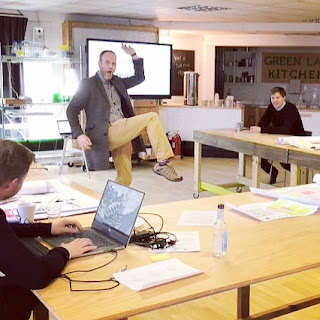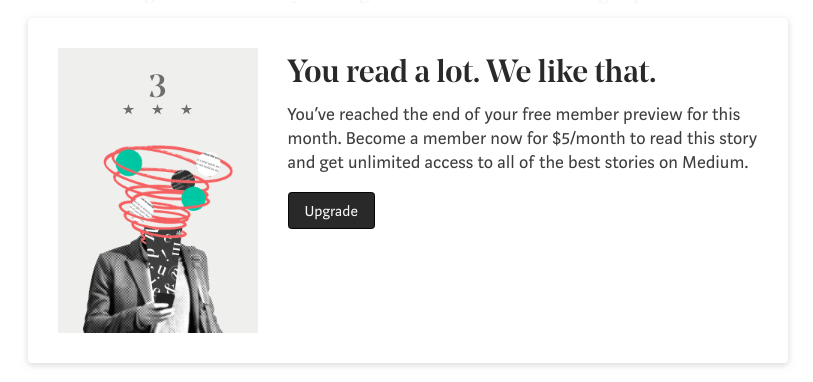In a social/networking session with fellow freelancers I was part of recently, a recurring theme amongst my fellow self employed, who are in their first few years of trading, kept coming up - namely a desire to become 'sustainable' (aka creating a pipeline of assured regular work).
Let's quickly clarify something about this - this isn't unique to freelancers.
While most businesses make it through their first year, most won't make it past 3. https://www.statista.com/statistics/285305/new-enterprise-survival-rate-in-the-uk/
This 3-year threshold is possibly why, if your business makes it past 3 years, it's officially recognised as being financially sustainable:
However, within 2 years of reaching this magic milestone, 20% of these 'sustainable' businesses will then have had to close their doors for good... Just because you've made it to 3, doesn't automatically mean you're set for life.
So - if all businesses equally struggle to keep going (regardless of it they're large or micro), why do we keep chasing the dream of reaching a promised land of 'being financially sustainable'? The data referenced above shows this will never happen - but that's surely to be expected when you remember that markets, people, and fashions, etc keep changing all the time around us (so what we once thought everyone would want to buy, is now an anathema... disposable plastic cutlery, anyone?).
Surely it would be better to ditch the expectation of reaching a goal that's always going to be unachievable, and instead reframe our language and ambitions to something more realistic and honest: maybe something to do with cash reserves, and how long we can run for if we suddenly run out of paying customers (which would reduce the threat of facing imminent eviction from our homes, and therefore go a long way to helping our peace of mind and achieving a healthier state of mental well-being...).










